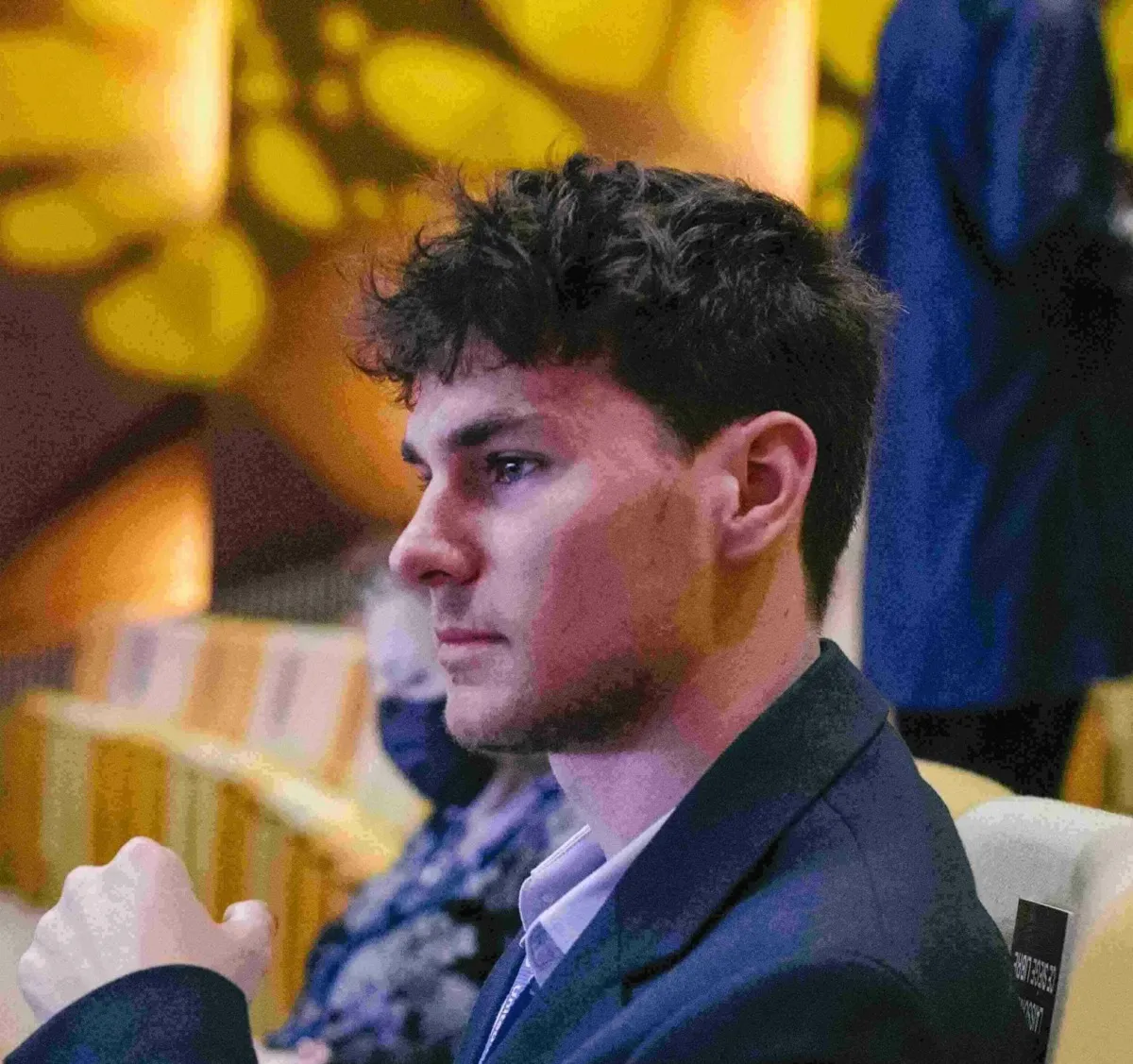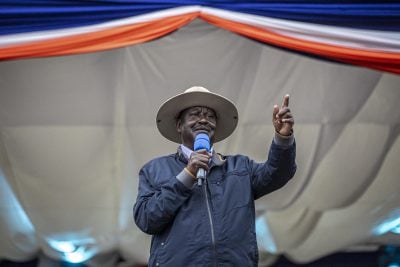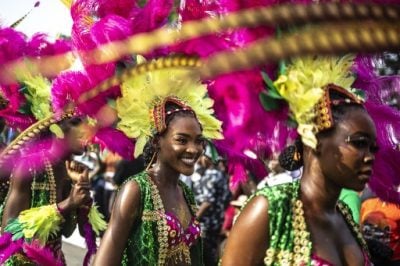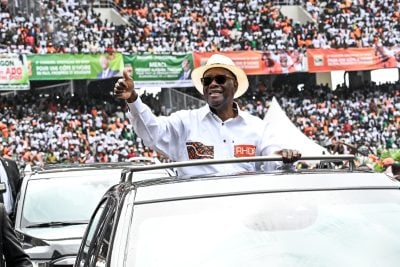Today, Zimbabweans head to the polls to choose the country’s next president in an election that could define its engagement with the international community for years to come.
Eleven candidates are competing for the top position, but the race is largely seen as a rematch between Nelson Chamisa, the 45-year-old opposition leader, and the man who defeated him in the 2018 presidential election, Emmerson Mnangagwa, the incumbent president.
Mnangagwa, 80, assumed leadership after a November 2017 coup that removed Robert Mugabe, Zimbabwe’s first prime minister and president since 1987. He leads the Zimbabwe African National Union–Patriotic Front (ZANU-PF).
Chamisa has led the Citizens Coalition for Change (CCC) since its formation in January 2022 after a split from the Movement for Democratic Change Alliance, formerly the leading opposition party.
Results from the March 2022 by-elections, in which the opposition secured the majority of contested parliamentary seats, along with pre-election polls, indicate increasing support for Chamisa, but there is little chance of a contest that will be deemed free and fair by international observers.
In the run-up to the election, the Ellen Johnson Sirleaf Centre, led by the former Liberian president and Nobel laureate, said it was “deeply concerned by the reports of political violence and other human rights violations”.
Zimbabwe’s dire economic situation
The winner will face immense pressure to address the country’s currency crisis and rein in the inflation rate. Despite implementing key measures since the start of the year, such as maintaining tight borrowing costs, liberalising the foreign exchange market and interbank rates, and eliminating taxes and duties for certain products, the Reserve Bank of Zimbabwe (RBZ) has been unable to control hyperinflation.
Zimbabwe’s long-standing dire economic situation took a turn in recent months, with inflation more than doubling in a year, reaching a 175% year-on-year change in June 2023.
Economic observers argue that the pursuit of a confused monetary policy since the hyperinflation period of 2008 has eroded public trust in the Zimbabwean banking system.
As a result, the winner could be forced to again adopt the US dollar as legal tender and transition to a fully floating exchange rate regime. Additional pressure from the IMF, which began working on a staff report about the situation last March, is likely to encourage significant monetary reforms.
Attracting foreign investment amid modest GDP growth
Attracting foreign investment despite modest GDP growth will be a challenge.
Over the next five years, GDP growth is forecasted to remain below 3%. Efforts made by the Mnangagwa government, such as the establishment of the Zimbabwe Investment and Development Agency (ZIDA), which is actively engaging with the African Development Bank (AfDB) on various projects, and the removal of ownership restrictions, are expected to continue.
Foreign direct investment (FDI) inflows spiked in the year following Mugabe’s overthrow but have since fallen to their lowest level in over a decade. The winner will take further actions to attract FDI in the next five years, particularly in the mining sector, which, due to poor governance, has been severely underperforming for many years.
Elections will determine democratic accountability
The pre-election climate showcased Zimbabwe’s uncertain democratic trajectory. The opposition faced numerous hurdles on the campaign trail. Multiple CCC party rallies were banned by the police, which has historically worked in concert with the ruling party to suppress dissent. CCC members have also been arrested on charges of unlawful gatherings and inciting violence.
Distrust of state institutions is pervasive. The Zimbabwe Electoral Commission (ZEC) has been accused of being politicised and biased towards ZANU-PF, while the independence of Zimbabwe’s Electoral Court was seriously questioned after it disqualified former minister Saviour Kasukuwere from running for president.
Political engagement remains robust despite public distrust. Turnout in 2018 was 64.65%, reflecting a relatively high level of political engagement compared to its Southern African peers.
For this year’s election, turnout is likely to be similarly high. Voters hope that the winning party will redirect the country’s course and stem the rising prices of essential goods.
Want to continue reading? Subscribe today.
You've read all your free articles for this month! Subscribe now to enjoy full access to our content.
Digital Monthly
£8.00 / month
Receive full unlimited access to our articles, opinions, podcasts and more.
Digital Yearly
£70.00 / year
Our best value offer - save £26 and gain access to all of our digital content for an entire year!

 Sign in with Google
Sign in with Google 



